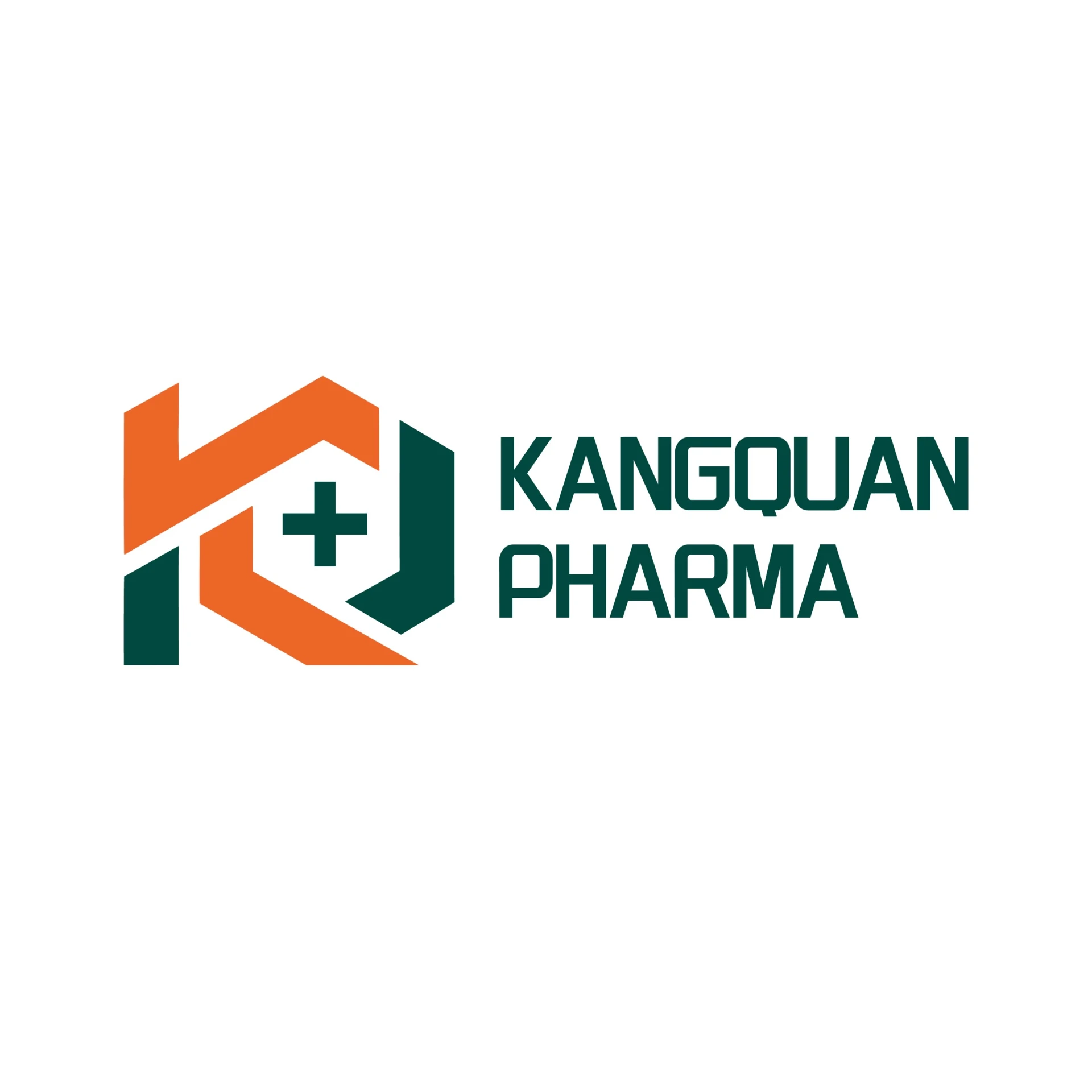- Afrikaans
- Albanian
- Amharic
- Arabic
- Armenian
- Azerbaijani
- Basque
- Belarusian
- Bengali
- Bosnian
- Bulgarian
- Catalan
- Cebuano
- Corsican
- Croatian
- Czech
- Danish
- Dutch
- English
- Esperanto
- Estonian
- Finnish
- French
- Frisian
- Galician
- Georgian
- German
- Greek
- Gujarati
- Haitian Creole
- hausa
- hawaiian
- Hebrew
- Hindi
- Miao
- Hungarian
- Icelandic
- igbo
- Indonesian
- irish
- Italian
- Japanese
- Javanese
- Kannada
- kazakh
- Khmer
- Rwandese
- Korean
- Kurdish
- Kyrgyz
- Lao
- Latin
- Latvian
- Lithuanian
- Luxembourgish
- Macedonian
- Malgashi
- Malay
- Malayalam
- Maltese
- Maori
- Marathi
- Mongolian
- Myanmar
- Nepali
- Norwegian
- Norwegian
- Occitan
- Pashto
- Persian
- Polish
- Portuguese
- Punjabi
- Romanian
- Russian
- Samoan
- Scottish Gaelic
- Serbian
- Sesotho
- Shona
- Sindhi
- Sinhala
- Slovak
- Slovenian
- Somali
- Spanish
- Sundanese
- Swahili
- Swedish
- Tagalog
- Tajik
- Tamil
- Tatar
- Telugu
- Thai
- Turkish
- Turkmen
- Ukrainian
- Urdu
- Uighur
- Uzbek
- Vietnamese
- Welsh
- Bantu
- Yiddish
- Yoruba
- Zulu
9 月 . 23, 2024 14:03 Back to list
Effective Disinfectants for Common Household Animals to Ensure Their Health and Safety
Common Animal Disinfectants Ensuring Health and Hygiene in Veterinary Practices
Disinfectants play a crucial role in maintaining the health and hygiene of animal facilities, ensuring the well-being of both animals and humans. In veterinary practices, shelters, farms, and zoos, effective disinfection is essential to prevent the spread of infectious diseases. This article explores common animal disinfectants, their applications, and best practices for their use.
Understanding Disinfectants
Disinfectants are chemical agents used to destroy or inactivate harmful microorganisms on surfaces and equipment. In veterinary settings, they help manage the risk of contagion from bacteria, viruses, fungi, and parasites that can harm animals and potentially transmit to humans. The effectiveness of a disinfectant largely depends on its chemical composition, concentration, contact time, and the presence of organic matter.
Types of Animal Disinfectants
1. Quaternary Ammonium Compounds (Quats) These are widely used in veterinary clinics and animal facilities due to their efficacy against a broad spectrum of pathogens, including bacteria and enveloped viruses. Quats are generally safe for use on various surfaces, but their efficacy can be reduced in the presence of organic matter.
2. Chlorine-based Disinfectants Sodium hypochlorite (bleach) is a commonly used chlorine-based disinfectant. It is effective against a wide range of pathogens, including resistant strains. However, it can be corrosive to metal surfaces and must be used in well-ventilated areas due to the production of potentially harmful fumes.
3. Phenolic Compounds These disinfectants are effective against a variety of bacteria and viruses, especially in environments with organic matter. They are often used in animal housing and equipment. However, phenolic compounds can be toxic to some animals, particularly cats, so caution is needed.
4. Hydrogen Peroxide This is a powerful oxidizing agent that acts as a disinfectant. It is effective against a broad range of pathogens and is biodegradable, making it an environmentally friendly option. However, it may require higher concentrations and longer contact times to be effective.
5. Iodophors These iodine-based disinfectants are effective against bacteria, fungi, and viruses. They are commonly used in animal health care, especially in surgical settings. Iodophors have the added benefit of leaving residual activity on surfaces.
common animal disinfectants

Best Practices for Disinfection
To maximize the effectiveness of disinfectants in animal settings, certain best practices should be followed
- Pre-cleaning Before applying a disinfectant, surfaces should be thoroughly cleaned to remove organic matter, dirt, and debris. This step is crucial, as many disinfectants are less effective in the presence of organic materials.
- Contact Time Each disinfectant has a recommended contact time to ensure its effectiveness. It is essential to follow the manufacturer's guidelines and allow the disinfectant to sit on the surface for the specified duration.
- Proper Dilution Disinfectants should be diluted to the appropriate concentration as per the manufacturer's instructions. Over-concentration can be harmful, while under-concentration may not achieve effective disinfection.
- Ventilation Ensure adequate ventilation when using chemical disinfectants to minimize inhalation risks to both animals and humans.
- Personal Protective Equipment (PPE) Users should wear appropriate PPE, such as gloves and masks, to protect themselves from chemical exposure.
Conclusion
In the realm of animal care, disinfectants are indispensable tools in the battle against infectious diseases. Understanding the various types of disinfectants and employing best practices for their use can significantly enhance hygiene standards in veterinary and animal care facilities. By prioritizing proper cleaning and disinfection protocols, we can safeguard the health of animals and ultimately benefit public health as well.
-
The Power of Radix Isatidis Extract for Your Health and Wellness
NewsOct.29,2024
-
Neomycin Sulfate Soluble Powder: A Versatile Solution for Pet Health
NewsOct.29,2024
-
Lincomycin Hydrochloride Soluble Powder – The Essential Solution
NewsOct.29,2024
-
Garamycin Gentamicin Sulfate for Effective Infection Control
NewsOct.29,2024
-
Doxycycline Hyclate Soluble Powder: Your Antibiotic Needs
NewsOct.29,2024
-
Tilmicosin Premix: The Ultimate Solution for Poultry Health
NewsOct.29,2024













